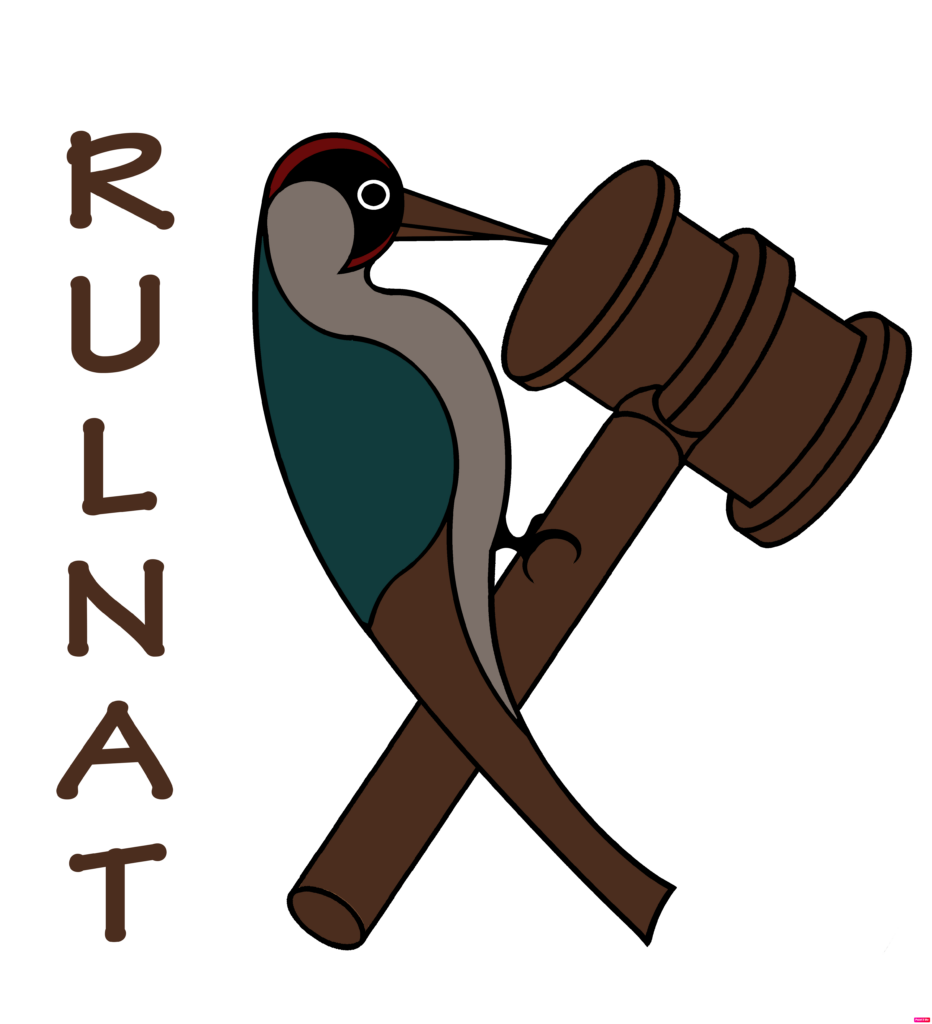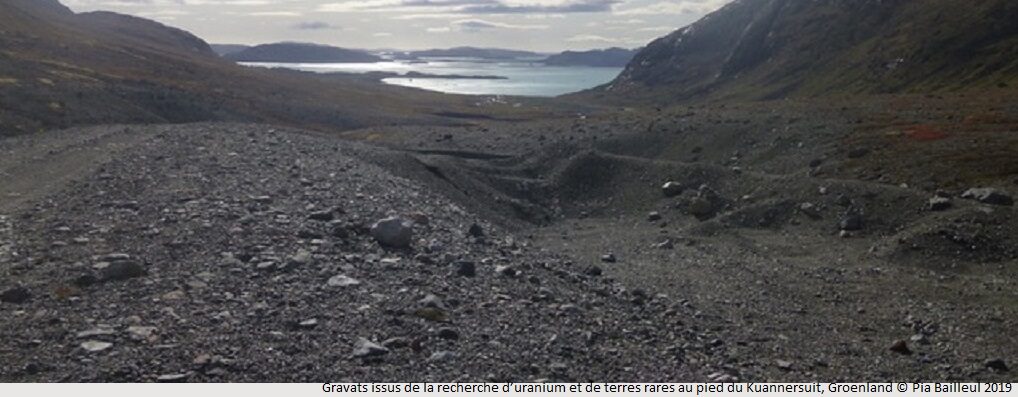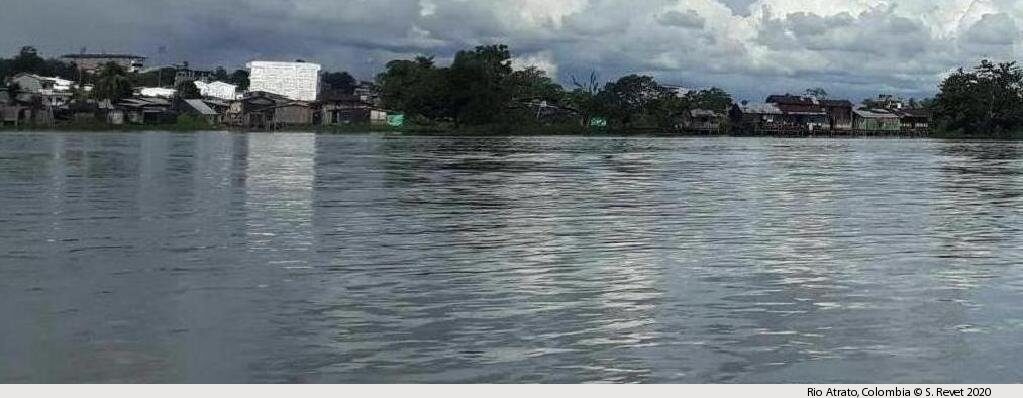
Upcoming seminars
Jeudi 4 avril 2024 14h-16h

Salle 308F. 3 étage. MSH Mondes, 21 allée de l’université
(campus de l’université de Paris Ouest. RER université de Nanterre)
Jérôme Michalon (Triangle, CNRS), Fabien Carrié (IEP, LIPHA), Antoine Doré (AGIR, INRAE)
Qui porte la parole des animaux ? Une sociologie historique de la cause animale
Depuis quelques années, la question animale fait débat : la légitimité desmobilisations pro-animaux, autant que la forme qu’elles empruntent, suscitent une attention publique particulière. Si les sciences humaines et sociales commencent à analyser ces mouvements, le lectorat francophone ne disposait pas encore de synthèse distanciée, faisant le point sur leurs propriétés sociales, politiques et morales. Le livre dont il sera question dans cette présentation entend combler ce manque en présentant l’état des connaissances disponibles sur l’histoire et la structuration contemporaine de la cause animale. Remontant au XIXème siècle, ses évolutions sociologiques et idéologiques sont présentées, dont l’émergence d’une critique systémique des rapports aux animaux dans les années 1970. Cartographié dans l’ouvrage, le paysage actuel porte les traces de cette histoire, avec des associations établies œuvrant à la « protection » des animaux et des collectifs revendiquant plutôt leur « libération ». Leur point commun : porter la parole des animaux et défendre leurs intérêts. Les raisons de cet engagement et la variété de ces formes sont analysées, de même que les liens de ce mouvement avec d’autres mondes sociaux (les politiques publiques, les marchés, le monde académique). Cet ouvrage vise ainsi à fournir des clés de compréhension sociologique sur la manière dont le développement et l’institutionnalisation de la défense des animaux transforment nos sociétés. A ce titre, le place du droit dans l’histoire de la cause ainsi que ses rapports à l’Etat seront particulièrement discutés.
✜ ✜ ✜
- 13 juin 2024
Nadia BELAIDI Eco-Anthropologie (Directrice de recherche CNRS – MNHN – Université Paris Cité)
14h-16h PALOC (salle à venir)
Les Peace parks d’Afrique australe : droit de l’environnement et reconstruction nationale.
En Afrique australe se développent des parcs de la paix (Peace Parks) dont l’objectif est, à la fois, la conservation de la biodiversité, le développement socio-économique et la promotion d’une culture de réconciliation post-apartheid. Le schéma de ces aires protégées transfrontalières offre une configuration idéale pour le rétablissement du lien social dans une perspective de justice. Ces espaces, en rendant possible la reconstruction des liens écologiques, culturels et sociaux, produisent un ensemble normatif susceptible de (re)construire du lien Homme-Société-Nature. Toutefois, le contexte de réconciliation régionale post-apartheid et la dérive néolibérale qui l’accompagne conduit à une dénaturation du schéma initial qui questionne la substance des normes produites et leurs objectifs.
Discutante: Sarah Benabou, IRD, PALOC
✜ ✜ ✜

Past seminars

13 mars 2024, 10h-12h
Gilles Favarel-Garrigues (CERI, Sciences Po-CNRS) et Laurent Gayer (CERI, Sciences Po-CNRS) Les justiciers de la cause animale. Jalons pour une recherche comparative.

1er février 2024 14h-16h
Gustav Kalm (Postdoc Fond. Bruno Latour, Sciences Po) : Combien vaut Simandou ? Le jeu d’échelle des techniques juridiques dans la transformation des projets pour la plus grande mine de fer en Afrique en un actif commercialisable

28 September 2023
Contested spaces. Animals, Activists and the Law

19 June 2023
Emma Lelong, CIFRE, Foundation Europe, Amure – « L’effectivité de la protection de l’écosystème marin par l’octroi d’un statut juridique : l’exemple de la Méditerranée
Discussant: Pierre Brunet, Professor of Law, University Paris 1

23 May 2023
Pia Bailleul, Post-doctorante ANR RULNAT, CESAH
Identifier et délimiter la radioactivité en contexte minier au Groenland : les contours juridiques, politiques et sociaux d’un phénomène contesté
Discussant: Anthony Good, Professor of Anthropology, University of Edinburgh

5 May 2023
Claire Duboscq, ANR Rulnat, CERI
La performativité des droits de la nature : étudier la jurisprudence colombienne au prisme de sa portée.
Discussant: Jean Foyer, CREDA, Chargé de recherche au CNRS

28 February 2023
Paule Pastré, Bern University
« I am the Loire, the Loire is me ». When promoting the Loire as a legal person means becoming indigenous.
Discussant: Teresa Vicente Gimenez (professor of law, University of Murcia)

27 January 2023
Adam Runacres, Dep. of Anthropology, University College London
Encounters along the jungly border: Authority and Negotiated Livelihoods around Panna Tiger Reserve in Central India
Discussant: Anthony Good, Emeritus Professor of Social Anthropology, University of Edinburgh

10 June 2022
Grégory Salle CNRS, Université de Lille, Clersé
La judiciarisation des atteintes au vivant sous l’œil de la « criminologie verte »

13 May 2022
Barbara Berardi-Tadié CEH, Association POLLINIS Droits de la nature et pesticides : « Justice pour le vivant », un recours contre l’Etat français pour inaction face à l’effondrement de la biodiversité

4 February 2022
Christophe Traïni, Sciences Po Aix, MESOPOLHIS (UMR 7064)
La judiciarisation des causes environnementales. Mobilisation des émotions et dispositifs experts.

25 January 2022
Maria Sapignoli, Assistant Professor of Anthropology, University of Milan
Seeking Justice in (and beyond) the Court: Indigenous Peoples and Conservation, the Case of the Central Kalahari

2 December, 2021
Carolina Angel-Botero, University of Los Andes, Bogota
The making of a Species in the Judicial Context: the Case of “Chucho” the Bear (Colombia)
Discussant: Vincent Chapaux, Université Libre de Bruxelles

2 December, 2021
Daniela Berti, CNRS, CEH
A Tale of Two Battles. Arguing Legal Personhood for Animals in the USA and India
Discussant: Vincent Chapaux, Université Libre de Bruxelles

6 July 2021
Swati Shrest, Research Director, CSIP, Ashoka University.
Trustees of Nature. Conservation in Modern India

22 June 2021
Gaëlle Ronsin, postdoctorante, Université du Québec à Rimouski (Canada), Centre Alexandre Koyré
Jérôme Michalon, Chargé de Recherche – CNRS, UMR Triangle
La souffrance environnementale en procès ? Les phoques décapités au tribunal de Quimper

10 May 2021
Judith Rochfeld, Professeur de droit privé à l’École de droit de la Sorbonne
Le climat est-il représenté dans les procès climatiques ?

29 April 2021
David Jaclin, Professor of Anthropology, University of Ottawa, HumAnimalLab (HAL)
L’Âge de l’eau ou comment repenser la propriété privée

5 Mars 2021
Victor David, Chargé de recherche à l’IRD – UMR SENS
Le principe unitaire de vie, fondement des droits reconnus à une Nature et ses éléments, sujets de droit aux Iles loyauté en Nouvelle Calédonie

15 January2021
Pierre Brunet, Professor, Université Paris 1 (Ecole de droit) Droits bioculturels et droits de la nature
Sandrine Revet, DR en anthropologie au CERI, SciencesPo-CNRS Droits bioculturels en action : les Gardiens du fleuve Atrato en Colombie

18 November 2020
Team Meeting

29 September 2020
Alice Ingold, Maître de conférences en histoire à l’EHESS
Solidarisme écologique ou solidarités matérielles ? Penser des collectifs hors de l’Etat : les associations syndicales au 19e siècle
Sarah Vanuxem, Maître de conférences en droit, Nice Sophia Antipolis
Reconnaître des droits aux lieux. La voie des servitudes

21 January 2020
Chiara Letizia, Professor at UQAM, Montréal, and CEH Associate Member
“Déviation” ou “dévotion” ? Réflexions sur la décision de la Cour suprême du Népal à propos des sacrifices d’animaux à la fête de Gadhimai





















